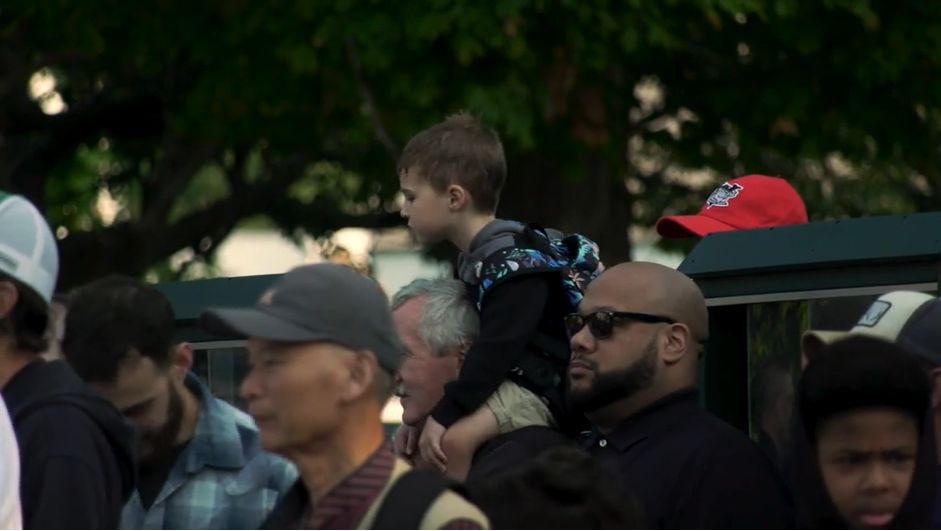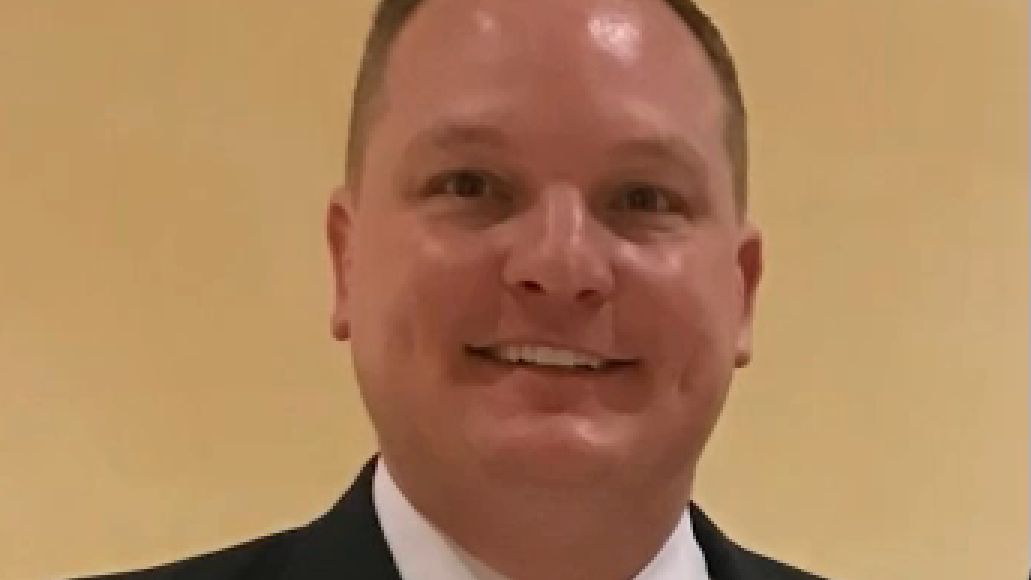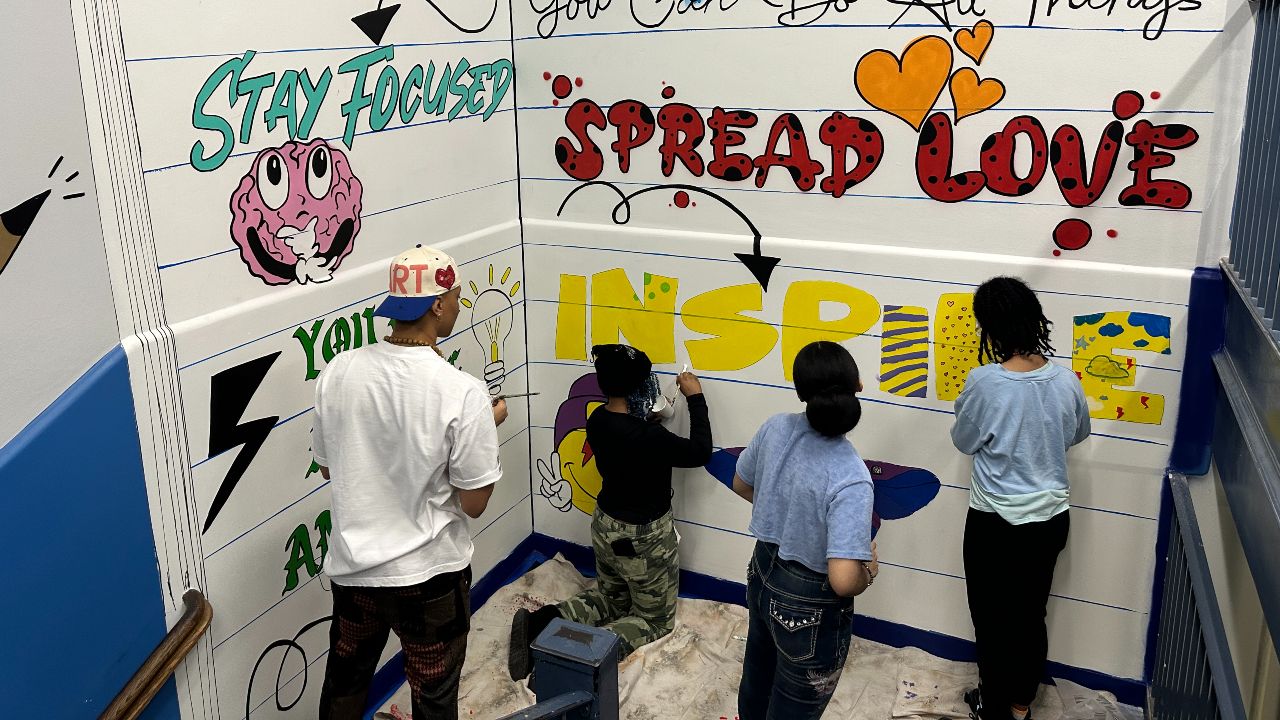Growing up in a small Southern Tier town, Jewel Twyman always saw attending college as a way to experience what the world has to offer. She embarked on that journey earlier this year when she enrolled at the University of Albany.
“I’ve really always idolized going to college,” Twyman said. “I think it opens up a lot of opportunities.”
The freshman psychology major took a gap year before joining the Great Danes. She says coming from a community “where everybody knows your name” to a large campus, was intimidating especially as the first person in her family to attend college.
“It was very tricky at first,” Twyman said. “After a while, it just becomes a little natural. You find your little landmarks.”
One of the things that helped her get acclimated was the university’s first-generation program. The eight-week, non-credit course was launched this year as a way to help first-gen students like Twyman attending UAlbany.
“I think the pandemic almost made it even more important. We’ve been planning to do it all along, but even more necessary,” said Linda Krzykowski, UAlbany associate vice provost and the executive director of the First Year Experience.
She says 39% of this year’s incoming freshman class are first-gen students. The first-gen task force was created in 2019, but the pandemic delayed the course debut until this fall.
“They bring unique stories. They bring incredible backgrounds, and we need to be able to really just clear the path and let them do amazing things at the university,” Krzykowski said.
“It’s really making them understand that they’re not alone,” said Clarence McNeil, UAlbany’s dean of students.
He was a first-gen himself when he attended UAlbany in the 1990s. McNeil says what this does is allow students to network and learn about the financial, social and academic resources available to them.
“I’m going to say to you if you’re going to be here for four years, I want you to get the most out of it you possibly can. Yes the degree is critical, and that’s why you are here. But also, making friends,” McNeil said.
The eight workshops averaged about 30 students each week. Twyman says the program has helped her feel more at home knowing she can turn to other’s who are in the same boat.
“There is faculty and staff out there that are going through the same thoughts and feelings that you are going through currently, and they got to where they are now so that’s very inspiring to see,” Twyman said.









